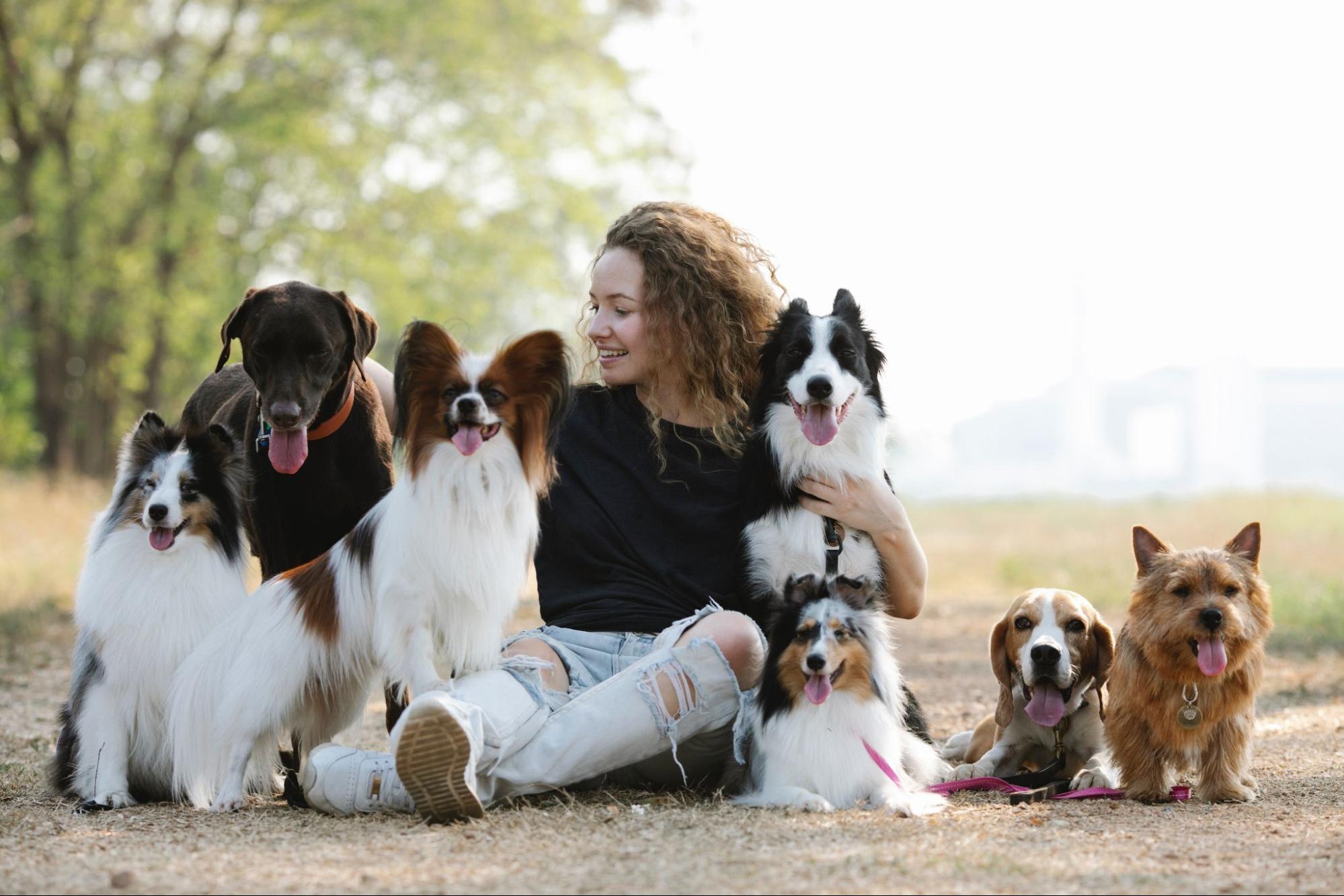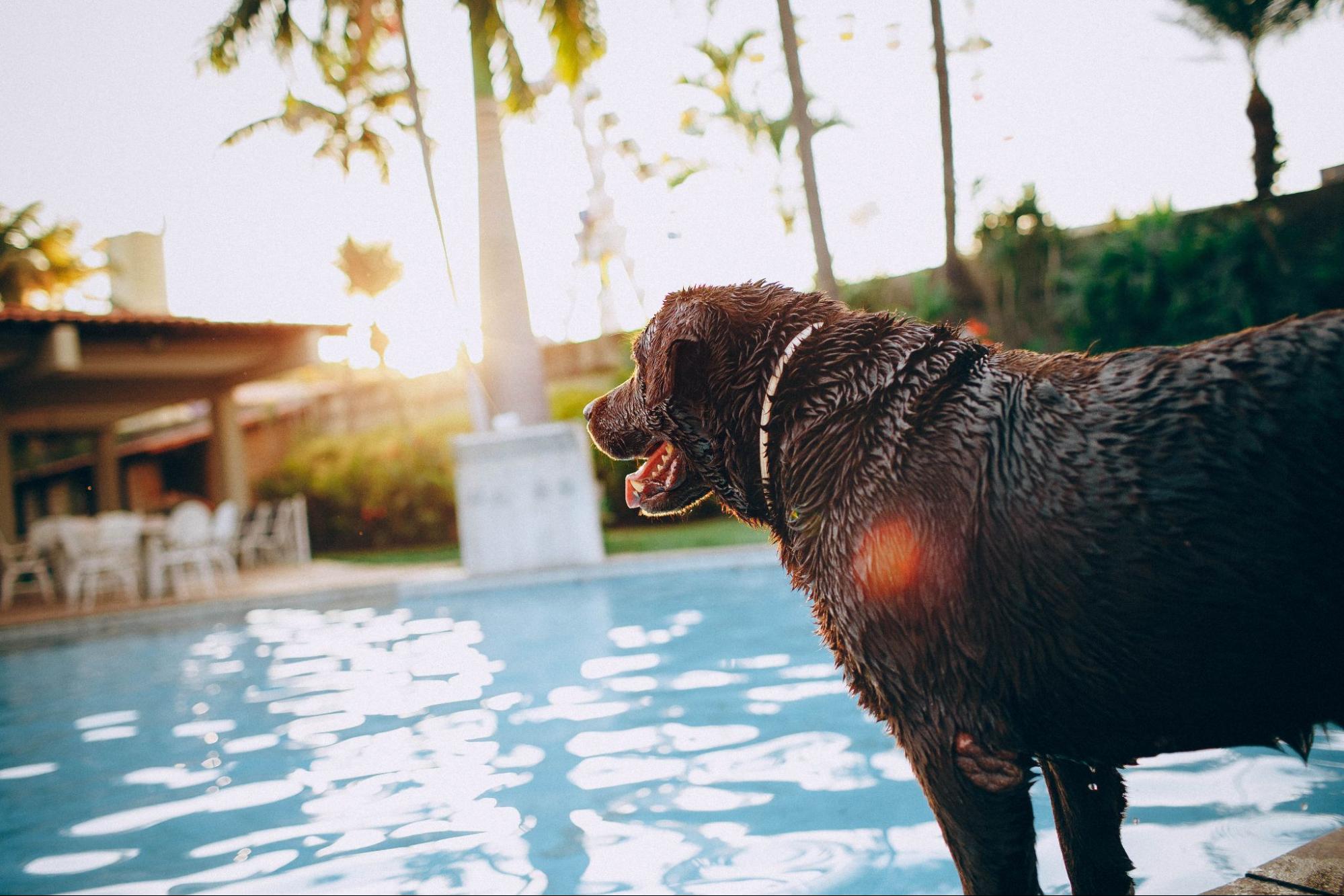
How to Stop my Dog from Biting When Excited
If you’re wondering how to stop your Labrador from biting when excited, I’ve got some helpful tips for you. It’s important to address this behaviour early on to ensure the safety of both your dog and those around them.
Firstly, it’s essential to understand that biting during moments of excitement is a natural instinct for dogs. However, with consistent training and patience, you can redirect their energy towards more appropriate behaviours.
One effective technique is teaching your Labrador an alternative behaviour when they start getting overly excited. For example, teach them a “sit” or “stay” command that they can perform instead of resorting to biting. By rewarding them with treats or praise when they successfully follow these commands, you’ll reinforce positive behaviour and discourage biting.
Another strategy is managing their environment to minimize triggers that lead to excessive excitement. This could include avoiding rough play or rowdy environments that may overstimulate your dog. Additionally, providing plenty of mental and physical exercise through regular walks, interactive toys, and obedience training can help release pent-up energy in a controlled manner.
Remember, consistency is key when training your Labrador. Be patient with them as they learn new behaviours and always use positive reinforcement rather than punishment. With time and dedication, you’ll be able to curb their biting tendencies while promoting a happy and well-behaved furry friend.

Understanding the Root Cause of the Biting Behaviour
When it comes to dealing with a dog that bites when excited, understanding the root cause is crucial. By identifying the underlying reasons for this behaviour, we can work towards effective solutions. Let’s delve into some key factors that may contribute to your Labrador’s biting tendencies:
- Puppy Play and Socialization: Puppies learn about bite inhibition through play with their littermates and mother. If a puppy hasn’t had enough socialisation or playtime, they may not have learned how to control their bite strength properly.
- Excessive Energy: Excitement in dogs often leads to increased energy levels, which can manifest as biting behaviour. Ensuring that your Labrador receives regular exercise and mental stimulation is essential in managing this excess energy.
- Lack of Training: Proper training plays a significant role in teaching dogs appropriate behaviours, including bite inhibition. If your Labrador hasn’t received adequate training or reinforcement regarding biting boundaries, it’s important to focus on implementing consistent training techniques.
- Fear or Anxiety: Sometimes, biting can stem from fear or anxiety-related triggers. Identifying these triggers and addressing them with positive reinforcement-based desensitisation techniques can help alleviate your dog’s anxiety and reduce biting incidents.
- Territoriality: Dogs may exhibit protective behaviours when they feel their territory is threatened or invaded by unfamiliar people or animals. Establishing clear boundaries and gradually introducing new individuals into their environment can aid in minimising territorial aggression.
- Attention-Seeking Behaviour: Some dogs resort to biting as a means of gaining attention from their owners or other individuals around them. Teaching alternative ways for your Labrador to seek attention without resorting to nipping is vital for modifying this behaviour.
Understanding the root causes behind your dog’s biting behaviour allows you to tailor an appropriate approach towards resolving it effectively and safely for both you and your pet companion. Remember, patience, consistency, and positive reinforcement are key when embarking on the journey of curbing your Labrador’s biting tendencies.